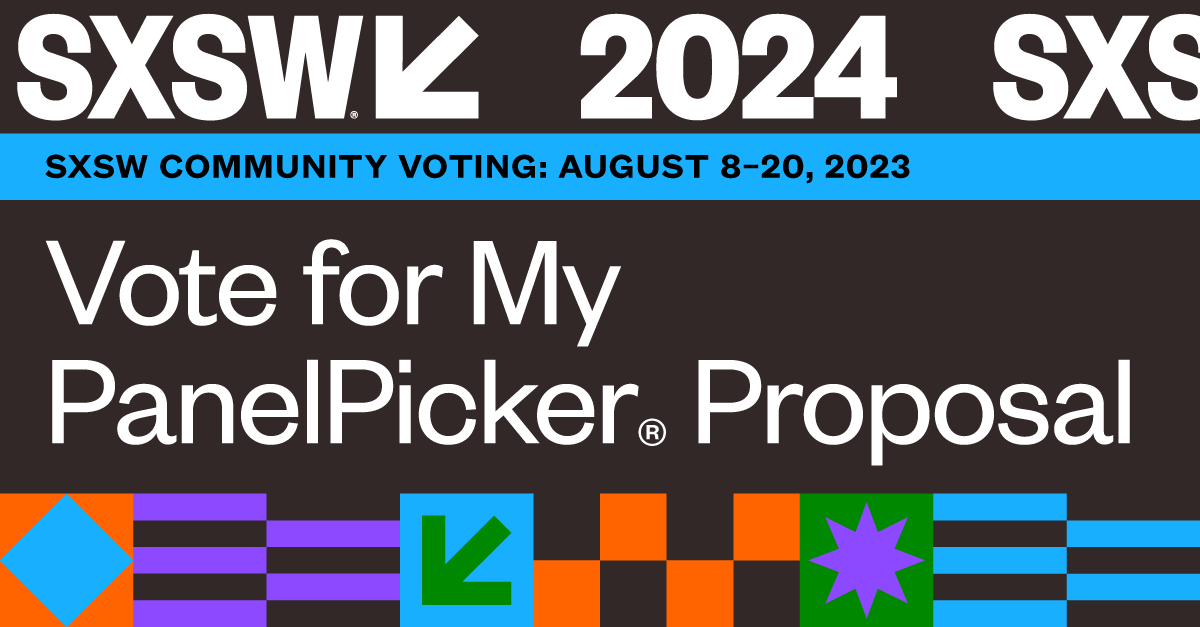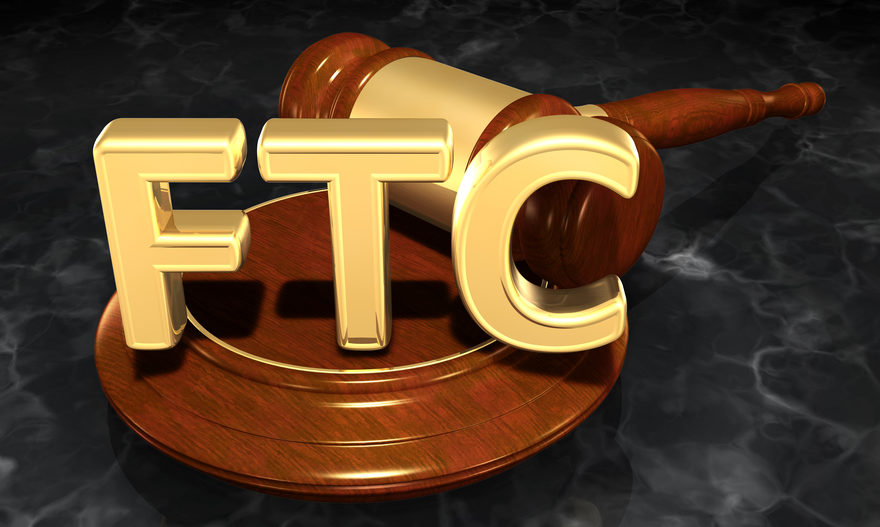This is the time of year when season’s greetings, holiday and new year’s wishes, regardless of religion, culture, ethnic background or heritage, usually fills the air. In past years, we have spent lots of time and attention on shopping for gifts, sending cards, attending or hosting parties, dinners and gaining the 10 pounds we resolve to lose every new year. Some join a swelling tide of well-wishers, holiday revelers, frosty noses, red cheeks and smiling faces. We traditionally gather together with family, friends, loved ones and colleagues – often planning travel and vacations and taking a break from work and school.
This year, much like last year, but unlike any others, we continue to face challenges unthinkable and unimaginable less than two years ago. We have and continue to suffer tragic losses, we continue to confront anxiety and fear, we continue to pray for our most vulnerable. Many were often helpless to be near loved ones, unable to hold their hands or be there during moments when it mattered most. This has also been a year in which natural disasters and catastrophic events have contributed to the despair, forcing us to confront tragic loss of life and devastation to homes and property.
This past year, adding to the raging pandemic is our growing frustration and often a sense of helplessness – it seems each time we think we are turning the corner, we feel outwitted by a tiny organism – a virus known as COVID-19. We argue over mask mandates and social distancing, whether to vaccinate or not to vaccinate and it sometimes feels like we are on different sides. The differences aren’t trivial and yes, they are most often very real. But they aren’t what really matters.
Once again, I prefer to focus on what is best in all of us, rather than what we argue about. Another year in which we witnessed heroic self-sacrifices from our health care workers, first responders, emergency search and rescue personnel, as well as our finest and our bravest – not just in our nation, but around the world. So many dedicated, selfless people across the diverse fabric of our communities – communities that have transcended borders. People from across nations, from around the globe, coming to the aid of those in need – in places they have never been, helping people they don’t know.
Ordinary people performing extraordinary feats of kindness, tirelessly giving of themselves for long, sometimes thankless hours to save lives, feed the hungry, shelter the homeless, provide clothing and rebuild damaged houses and give comfort to so many in need. Let’s also not forget those medical researchers, clinicians and volunteers who are still engineering medical miracles and who continued to work tirelessly to prevent this virus from outwitting us. While we never know what the future holds, nor what “normal” might look like in the months and years ahead, we can change the way we handle and deal with it – together.
I know the news media spends more time reporting how these difficult times have brought out the worst in some of us. But quietly and usually without fanfare, you can see more examples of how these adversities are bringing out the best in us – just stop and look around you. They are my inspiration to try harder to live up to that ideal, rather than any headlines.
So not surprisingly, this time of year my thoughts turn gratefully to those people and relationships who have helped to enrich my life, personally and professionally and to those who have helped make this world better. There really aren’t words to adequately express my appreciation, so I’ll just say “thank you” and trust you will understand all that is behind those two simple words.
Wishing all of you, your families, friends and loved ones a meaningful holiday season and a wonderful new year filled with health, happiness, prosperity and peace!











